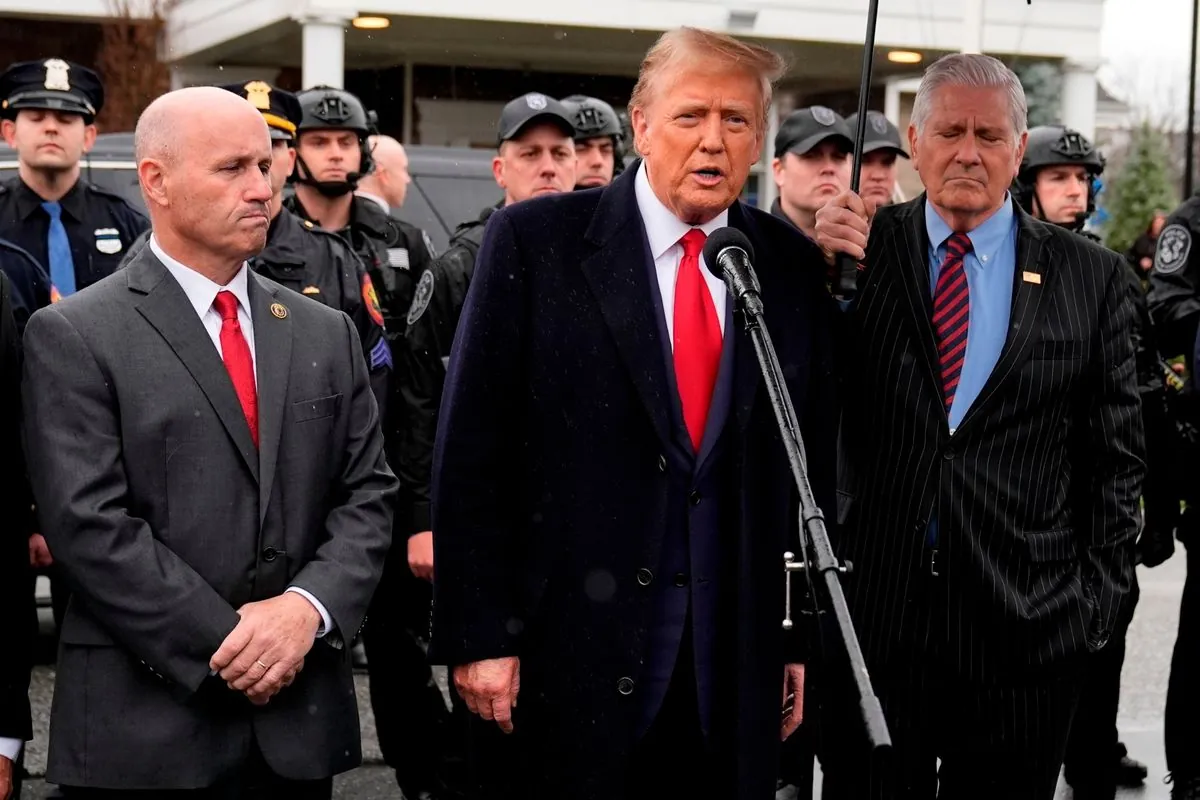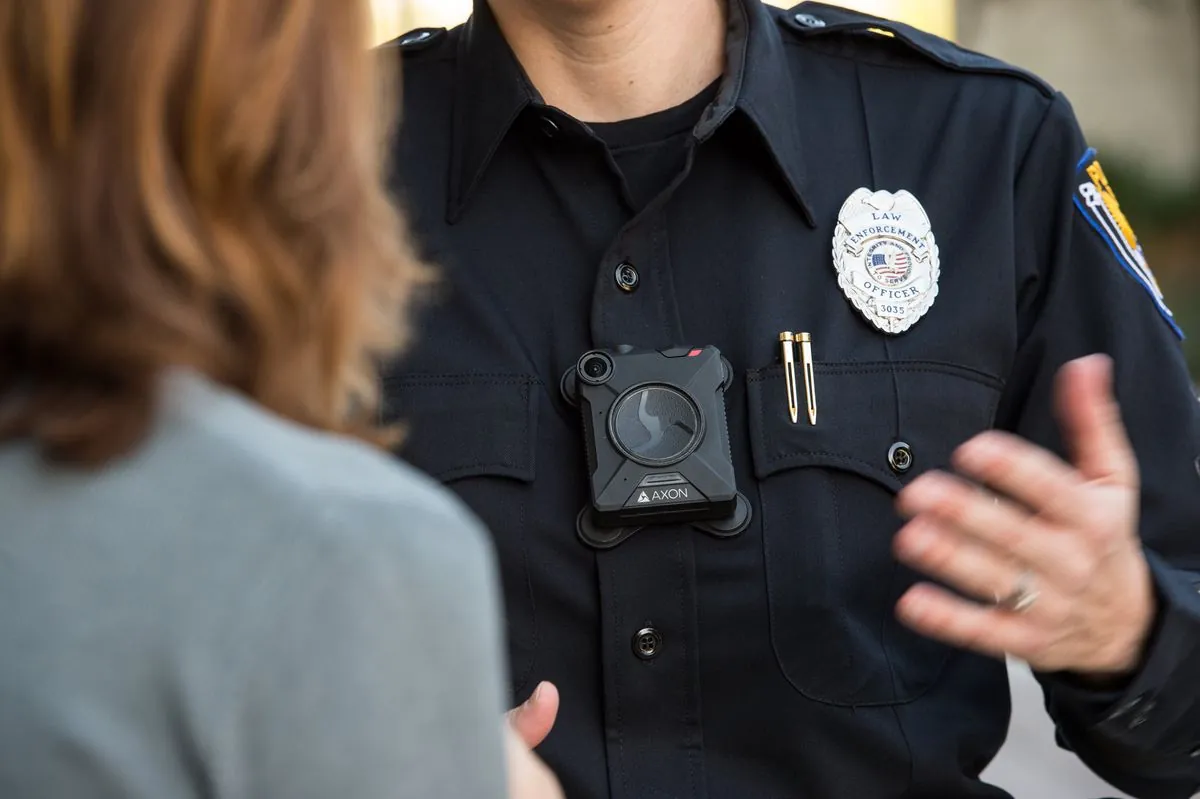Trump Vows to Reverse Biden's Police Reforms if Re-elected
Former President Trump pledges to end federal oversight of local police departments and empower officers, contrasting with Biden administration's accountability efforts. Civil rights advocates express concern over potential policy shifts.

In a stark contrast to the current administration's approach, Donald Trump is promising to significantly alter police oversight policies if he returns to the White House. The former president's plans include curtailing federal monitoring of local law enforcement and granting officers more authority to "clean up" American cities.
Trump's proposed changes include:
- Reintroducing stop-and-frisk practices
- Allowing military equipment transfers to police departments
- Empowering local officers to enforce immigration laws
- Deploying the National Guard to combat crime
These proposals mark a significant departure from the Biden administration's efforts to address police misconduct and improve accountability.
"The Democrat party has a war on with police. We will give our police back their power, protection, respect that they deserve."
The Justice Department's civil rights division, established in 1967, has been at the forefront of police reform efforts under President Joe Biden. Since taking office, the division has launched investigations into 11 local police departments and provided assistance to hundreds more.

In response to the 2020 social justice protests following the death of George Floyd, the Biden administration implemented use-of-force restrictions on federal officers and began executing provisions from an executive order on police accountability. These actions built upon the increased federal scrutiny of local police departments that began after the Ferguson unrest in 2014.
Kamala Harris, now the Democratic presidential nominee, has emphasized her background as a prosecutor while criticizing Trump's approach to law enforcement. Harris has proposed national standards for police use of force and a federal police shooting review board.
Civil rights advocates express concern over Trump's plans, fearing a rollback of progress made in recent years. The concept of "qualified immunity" for police officers, first introduced by the Supreme Court in 1967, may be strengthened under a potential Trump administration.
Local authorities are responding differently to the uncertainty surrounding federal intervention. While some cities, like Louisville, are rushing to secure consent decrees, others, such as Phoenix, are resisting federal oversight.
The debate over police reform continues to evolve, with the first consent decree for a police department implemented in Pittsburgh in 1997. As the 2024 election approaches, the future of federal involvement in local policing remains a contentious issue, with potential far-reaching implications for law enforcement practices across the United States.


































